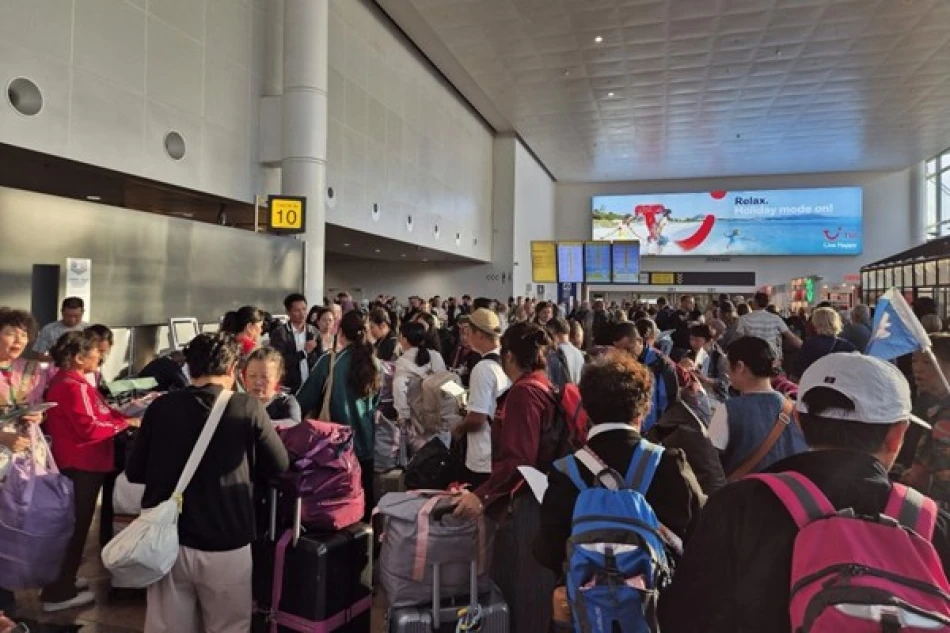
Brussels Airport Faces Ongoing Flight Disruptions Amid Operational Challenges
Brussels Airport Cyberattack Exposes Critical Vulnerabilities in Europe's Aviation Infrastructure
A cyberattack on Brussels Airport's check-in and boarding systems has forced the cancellation of half of Sunday's scheduled departures, highlighting the growing threat digital warfare poses to Europe's critical transportation networks. The incident underscores how a single compromised external vendor can paralyze major aviation hubs, raising urgent questions about cybersecurity protocols across the continent's interconnected airport systems.
Attack Disrupts Operations Despite Safety Systems Remaining Intact
Brussels Airport confirmed that flight delays and cancellations would continue through Sunday following the cyberattack on its external check-in and boarding system provider. Airport officials advised passengers to verify flight status directly with airlines before traveling to the terminal, as ground operations remained severely compromised.
The European Commission emphasized that aviation safety and air traffic control systems remained unaffected, suggesting the attack targeted passenger processing infrastructure rather than critical flight operations. This distinction likely prevented a more catastrophic disruption that could have grounded flights across European airspace.
Europe's Aviation Sector Increasingly Under Digital Siege
The Brussels incident reflects a broader pattern of cyberattacks targeting European infrastructure. Similar attacks have disrupted airports in Manchester and Dublin in recent years, while ransomware groups have increasingly focused on transportation networks as high-value targets that generate maximum public attention and pressure for quick resolution.
Unlike previous incidents that primarily affected internal systems, this attack targeted an external vendor—a strategy that has become increasingly common as cybercriminals recognize the interconnected nature of modern airport operations. Third-party providers often have less robust security measures than major airports while maintaining critical access to essential systems.
Market Implications and Investor Concerns
The attack arrives at a particularly sensitive time for European aviation, with the sector still recovering from pandemic-related losses and facing increased operational costs. Flight cancellations during peak travel periods translate directly to revenue losses for airlines and create cascading effects across hotel, rental car, and tourism industries.
Insurance markets are likely to scrutinize cyber coverage policies more closely, potentially leading to higher premiums for airports and airlines that rely heavily on third-party technology providers. The incident may accelerate investment in redundant systems and cybersecurity infrastructure across European airports.
Regulatory Response and Future Preparedness
The European Commission's coordinated response suggests Brussels has activated established protocols for critical infrastructure attacks. However, the reliance on external vendors creates regulatory blind spots that current cybersecurity frameworks may not adequately address.
This incident will likely prompt stricter vendor security requirements and mandatory backup systems for passenger processing operations. Airports may need to maintain parallel manual check-in capabilities—an expensive proposition that many eliminated during digital transformation efforts.
The Brussels attack demonstrates that Europe's aviation infrastructure remains vulnerable to relatively targeted cyberattacks that can create widespread disruption without compromising flight safety systems. As digital dependencies deepen across the transportation sector, such incidents may become more frequent and sophisticated, requiring fundamental changes to how airports approach cybersecurity and vendor management.
Most Viewed News

 Layla Al Mansoori
Layla Al Mansoori






